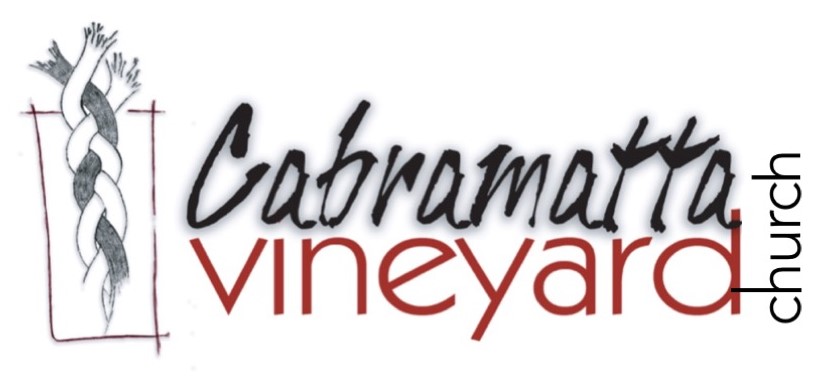The Prayer of Lament
The Christian walk comes in seasons, not all of them sunny. This is reflected in the Psalms, about a third of which are laments. In a world ruled by spin and relentless positivity, the ancient practice of lament is a lost art. In fact, in some strands of Christianity, expressing pain, regret or despair, or speaking anything negative is seen as evidence of lack of faith.
Lament is a form of prayer prayed from a place of pain and suffering. It recognises the grim reality that sometimes Christians suffer, just like everyone else. This is not negative confession, its the way the world really is.
Say your pastor is recorded praying a prayer declaring that lockdowns are over, it might sound odd on the radio, subversive even, like he is denying reality. Especially if later you are busted by police for attending a gathering that breaks health orders.
Lament is the refuge of those who find themselves in tough places with nowhere to turn and no apparent end in sight. Though these prayers sometimes move into hope or a confession of faith, not all do. Many of Israel’s prayers of lament come from times of personal or national disaster.
The Exile, Israel’s greatest disaster lasted seventy years. Many of the pray-ers died in exile, with Jerusalem still a pile of rubble, a haunt of jackals. Lament is not only a cry of pain and despair, it is also an expression of relationship with the covenant God. And hope that one day, finally, his promises of return from exile will come to pass.
If you find yourself hitting the wall after only eight weeks in pseudo lockdown (props to you Melbourne), perhaps you can learn to pray your own prayers of lament by modelling your prayers on Israel’s time-honoured prayers.
Let’s start with a short personal lament. Psalm 13 is a prayer of David, whose life is ample testimony that troubled times, pain, hopelessness and despair come even to God’s heroes.
How to write a lament
David’s psalm divides neatly into three parts, two verses each:
Problem: Lay out the problem, blunt as you like. God can take it.
1 O Lord, how long will you forget me? Forever?
How long will you look the other way?
2 How long must I struggle with anguish in my soul,
with sorrow in my heart every day?
How long will my enemy have the upper hand?
Petition: What would you like God to do about it.
3 Turn and answer me, O Lord my God!
Restore the sparkle to my eyes, or I will die.
4 Don’t let my enemies gloat, saying, “We have defeated him!”
Don’t let them rejoice at my downfall.
Praise: Move into praise and express your confidence in God’s goodness.
5 But I trust in your unfailing love.
I will rejoice because you have rescued me.
6 I will sing to the Lord
because he is good to me.
Your turn
Read Psalm 13 out loud in several different versions, say NLT, ESV and NRSV. Now write it out by hand in your prayer journal. When you’re done, write the psalm again, but this time, make it your own. Put in your own troubles. Write your own petition.
The writing bit is important. It helps you crystallize your feelings. Don’t skip this part.
If your life is currently going just the way you want it, then pray for someone you know who is doing it tough. Put yourself in their shoes. Pray your prayer for them.
If you find that you can’t make it through to praise, that’s fine. As you read the psalms of lament you will find, just like Lamentations, that often they are quite dark and end in a place of sadness or bewilderment. Don’t feel guilty. Own what you are really feeling.
Seventy years is a long time to wait.
